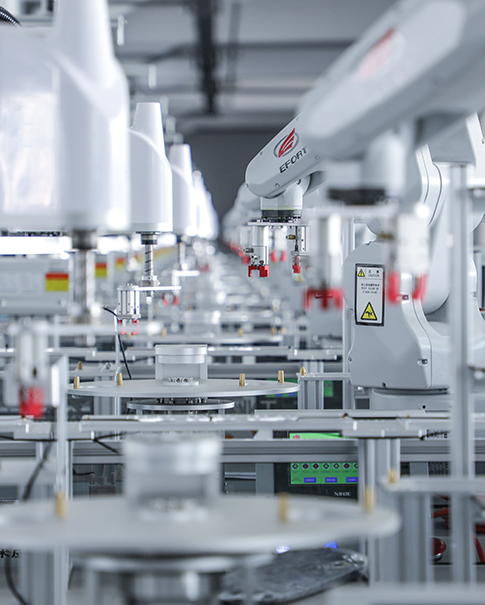Smart Supply Chains: Transforming the Future of Logistics
February 21,2025
The Role of Smart Supply Chains in Modern Business
The landscape of supply chain management is evolving rapidly, with smart supply chains becoming essential for businesses aiming to optimize operations. Leveraging advanced technology such as artificial intelligence (AI), real-time analytics, and automation, smart supply chains improve efficiency, reduce costs, and enhance customer satisfaction.
From demand forecasting to route optimization and inventory management, businesses that adopt smart supply chain solutions gain a competitive edge. This article explores how smart supply chains revolutionize logistics and manufacturing.
Enhancing Demand Forecasting with Smart Supply Chains
What Is Demand Forecasting?
Demand forecasting is the process of predicting future customer demand for a product or service. Traditionally, businesses relied on historical data and statistical models, but these methods often fail to adapt to rapid market changes. This can result in excess inventory or shortages, negatively impacting profitability and customer satisfaction.
How Smart Supply Chains Improve Demand Forecasting
Smart supply chains utilize AI and machine learning algorithms to analyze large datasets, including customer behavior and market trends. This enables manufacturers to:
Make real-time adjustments to production schedules
Reduce waste and storage costs
Improve product availability and customer experience
By integrating smart technology, companies can achieve a more responsive and efficient supply chain, ensuring they meet market demands accurately.
Optimizing Logistics with Intelligent Route Planning
What Is Route Optimization?
Route optimization involves determining the most efficient transportation routes for delivering goods. Traditional route planning methods often fail to account for real-time conditions such as traffic congestion and weather changes, leading to delays and increased costs.
How Smart Supply Chains Enhance Route Optimization
With IoT-enabled devices and GPS tracking, smart supply chains provide real-time visibility into logistics operations. Businesses can:
Monitor shipments in real-time
Adjust routes dynamically to avoid delays
Reduce fuel consumption and operational costs
Additionally, predictive analytics helps planners anticipate potential disruptions, ensuring timely deliveries and boosting overall supply chain efficiency.
Revolutionizing Inventory Management with Smart Technology
What Is Inventory Management?
Inventory management involves tracking and controlling stock levels to meet demand while minimizing costs. Traditional inventory systems rely on periodic checks and manual reordering, which can lead to inefficiencies such as stockouts or overstocking.
How Smart Supply Chains Improve Inventory Management
Smart supply chains leverage automation and real-time data to streamline inventory processes. Key benefits include:
RFID tags for real-time inventory tracking
AI-driven reordering systems that replenish stock automatically
Reduced holding costs and improved cash flow management
By using predictive analytics, businesses can maintain optimal inventory levels and enhance overall efficiency, reducing waste and improving customer satisfaction.
The Future of Smart Supply Chains
Smart supply chains are reshaping the future of logistics by integrating AI, IoT, and automation. As businesses continue to embrace digital transformation, they will experience:
Greater agility in responding to market changes
Enhanced operational efficiency and cost savings
Increased customer satisfaction through faster and more accurate deliveries
Conclusion
Adopting smart supply chain solutions is no longer an option but a necessity for businesses looking to stay competitive in a rapidly changing market. By leveraging advanced technology for demand forecasting, route optimization, and inventory management, companies can create a more adaptive, efficient, and sustainable supply chain. Investing in smart supply chains ensures long-term business success and stronger customer relationships.
 Network Supported
Network Supported